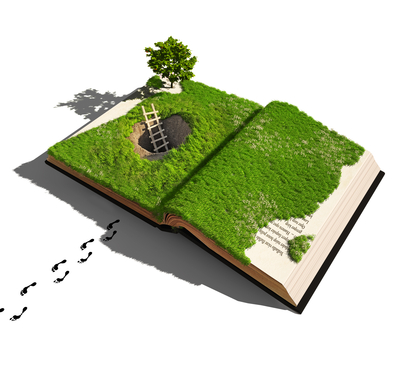
Sometimes in my review of a novel, I find that the story doesn’t pick up soon enough. I’m not sure what I’ll be reading about and my interest may lag, though I can still eye great writing.
“But I wanted my readers to know about my characters,” the author may protest.
Understandable, indeed.
However, I believe it’s important to lay out the basic conflicts for the reader early on so she’ll know what she’ll be exploring with you and will be eager to keep diving in. Before I learn that the hero had a difficult childhood and the heroine struggles with lingering effects of poverty, I want to know their immediate obstacles to their current goals. Those goals may be (whether they know it or not) their ultimate romance. Or they may be involved in a quest. Or perhaps solving a mystery. In any event, the reader wants to know what type of book he’ll be reading and will want to learn what obstacles he’ll be overcoming with the characters right away. Then, once the reader is interested in the characters’ journey, their back story will be all the more fascinating and relevant.
I’ll grant that this is a finely tuned dance. Learning how to balance enough back story within the plot is part of the craft, but one worth pursuing.
Your turn:
What is your favorite book that is really successful in balancing back story with plot?
Have you ever put down a book because you thought the story took too long to get moving?
Did you ever slog through a couple of boring chapters to get to a story? Did it pay off?











